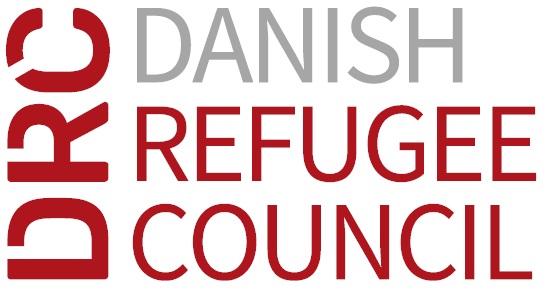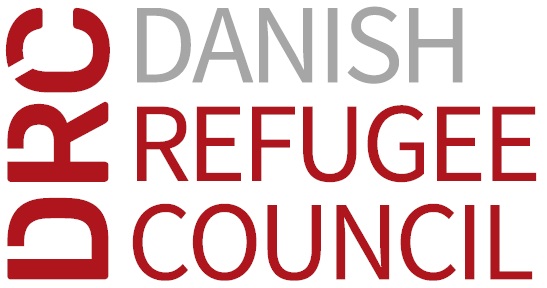What is the function of taxes?
Share
Taxes serve several key functions that ensure the stability and development of the economy:
- Fiscal function: The primary role of taxes is to fill the state budget to finance public needs, such as defense, education, healthcare, and other state programs.
- Redistributive (social) function: Taxes contribute to the redistribution of income in society, providing support to socially vulnerable groups and reducing inequality.
- Regulatory function: The government uses tax policy to stimulate or restrain certain economic processes, influencing the development of specific industries, investment activity, and consumption.
- Control function: Taxes allow the government to monitor financial flows, track the economic activity of business entities, and ensure compliance with tax legislation.



